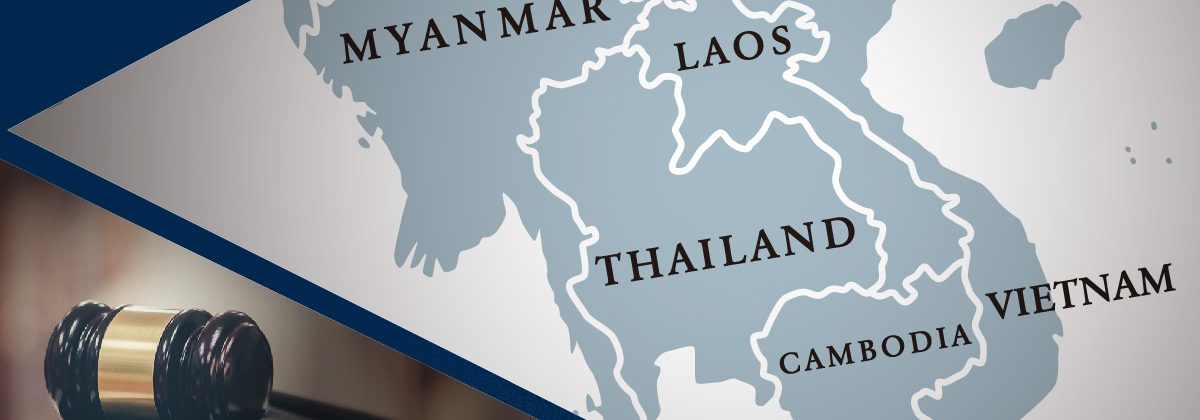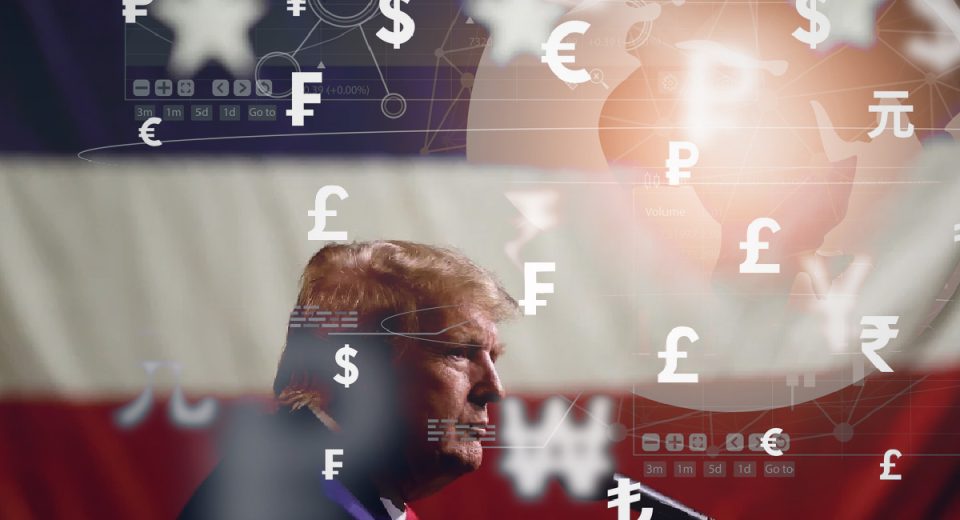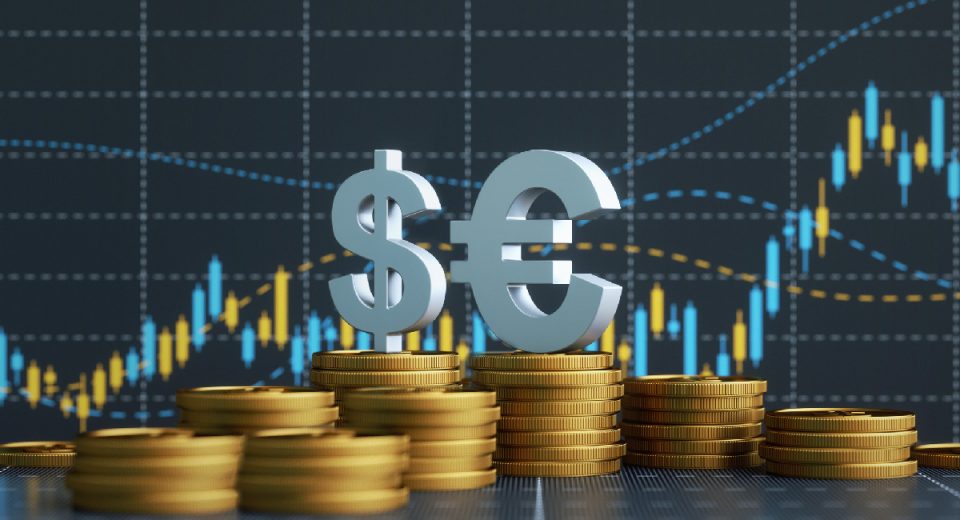With accelerated growth in technology uptake and the strengthening of economies in the region, forex trading is gaining popularity in Southeast Asia. The expansion of digital payments in the region exponentially eases fund deposits and withdrawals. Simultaneously, awareness of financial management and the capital markets is increasing. As of 2024, there are over 3.2 million traders in Asia participating in all aspects of the financial spectrum.
However, traders need to understand the legalities and tax implications of forex trading in their country to make the most of the currency trading opportunities presented by the expanding economy of their region. This article is the first in a two-part series, where we’re taking a look at the legal and tax implications of trading forex across a number of Southeast Asian countries.
What You Need to Know in Cambodia
Forex trading in Cambodia is legal. The government has been working since 2016 to make the currency markets more accessible and safer for retail traders. The Securities and Exchange Commission of Cambodia (SECC) does not prohibit trading with foreign brokers, opening world-class trading facilities and experiences for locals. Cambodians can trade forex directly or via Contracts for difference (CFDs) without any restrictions.
Tradeable Currencies
Since Cambodian regulations do not prohibit any class of currency pairs, traders are free to develop comprehensive forex trading strategies. Although you can trade using the Cambodian Riel (KHR), gaining exposure to major currencies requires exchanging your KHR for USD. Major forex pairs, such as USD/EUR, GBP/USD, and AUD/USD, have larger trading volumes and volatility, offering more opportunities. Experienced traders build diversified portfolios with major, minor, and exotic pairs to make the most of the opportunities created by the foreign exchange market. Additionally, restriction-free cross-border money movement makes depositing and withdrawing funds from a forex broker company in Cambodia seamless.
Capital Gain Taxes
The General Department of Taxation (GDT) does not impose any separate taxes for capital gains through the forex markets. Standard income tax laws apply to forex gains with a flat tax rate of 20%. This simplifies financial management. Deductible expenses for capital gains apply to forex trading as well, reducing the tax liability for traders.
Choose the Right Forex Broker
For satisfying and safe trading experiences, look for a regulated forex company that offers trading platform with cutting-edge market analysis tools in Cambodia. One with 24/5 customer and technical support, straight-through processing, and effective risk management tools can help you maximise on opportunities.
A broker with a global presence and services in the Khmer region can offer exceptional experiences. Additionally, one with comprehensive forex trading education can be instrumental in refining your trading strategies.
CFDs are used by traders to diversify their portfolio and a reputable CFD broker enables traders to exploit opportunities in both rising and falling markets. However, CFDs are leveraged instruments, amplifying market exposure and therefore magnifying both profit and loss potential. That is why CFD trading necessitates risk management.
Trading Forex in Vietnam
The State Bank of Vietnam regulates the FX markets in the country. Vietnam’s stable political and economic systems offer a favourable environment for forex traders. Since traders need to go through a bank to trade forex with their broker, the trading experience is safe in the country. The USD/VND (American dollar/Vietnamese dong) is a popular FX pair here. Traders utilise the relative stability of the Vietnamese dong to take advantage of the volatility in the dollar. The facility to trade in the home currency minimizes conversion fees, further improving the profit potential of traders. While the Vietnamese forex taxation system can be a little tricky for beginners, expert help is readily available.
Starting FX in Thailand
The Bank of Thailand (BOT) allows only brokerages licensed by the Thailand Securities and Exchange Commission (TSEC) to facilitate FX trading in the country. The country’s government is actively trying to build a “new Thai FX ecosystem,” and has eased foreign exchange regulations. Since BOT prohibits traders from directly speculating on the Thai baht, a popular choice among retail forex traders is using derivatives, such as CFDs. Brokerages can offer a maximum leverage of 50:1 for major and minor pairs and 20:1 for exotic pairs, to enhance the purchasing potential of retail traders. Forex earnings in Thailand are taxed according to the miscellaneous category of personal income with tax rates up to 35%.
Foreign Exchange in Laos
FX trading in Laos is overseen by the Central Bank of Laos and regulated by the Securities and Exchange Commission of Laos (SEC). Since the Lao kip is not very widely traded, retail traders in the country favour major pairs, such as EUR/USD, USD/JPY, GBP/USD, and USD/CHF. Although traders can fund their forex accounts with the domestic currency, they must convert their holdings to USD for trading.
FX Laws in Myanmar
Although the forex trading landscape is still evolving in Myanmar, the regulations are quite strict. This helps protect both brokerages and traders’ funds. This is because Myanmar has a very active underground forex trading market that necessitates traders verify that they register with regulated brokerages only. The government has numerous regulations in place to crack down on these markets and prevent money laundering in the country. FX gains are taxable at progressive personal income tax rates of 25%. Myanmar also imposes limits on FX trading through limitations on money transfers. Some traders may find it restrictive.
To Sum Up
- Forex trading is legal in Cambodia, Vietnam, Laos, and Myanmar.
- Forex trading profits in Cambodia are taxed according to standard income tax laws.
- Forex earnings in Myanmar and Thailand are taxed as progressing personal income with rates up to 25% and 35%, respectively.
- CFD trading is legal in Cambodia, Vietnam, Laos, and Myanmar.
- CFDs allow traders to capitalise on both rising and falling markets.
- Risk management is paramount while trading a volatile market like forex.
Disclaimer
All data, information, and materials are published and provided “as i” solely for informational purposes only and are not intended nor should be considered, in any way, as investment advice, recommendations, and/or suggestions for performing any actions with financial instruments. The information and opinions presented do not take into account any particular individual’s investment objectives, financial situation, or needs, and hence do not constitute advice or a recommendation concerning any investment product. All investors should seek advice from certified financial advisors based on their unique situation before making any investment decisions by their personal risk appetite. Blackwell Global endeavours to ensure that the information provided is complete and correct, but makes no representation as to the actuality, accuracy, or completeness of the information. Information, data, and opinions may change without notice and Blackwell Global is not obliged to update on the changes. The opinions and views expressed are solely those of the authors and analysts and do not necessarily represent those of Blackwell Global or its management, shareholders, and affiliates. Any projections or views of the market provided may not prove to be accurate. Past performance is not necessarily indicative of future performance. Blackwell Global assumes no liability for any loss arising directly or indirectly from the use of or reliance on such information herein contained. Reproduction of this information, in whole or in part, is not permitted.





